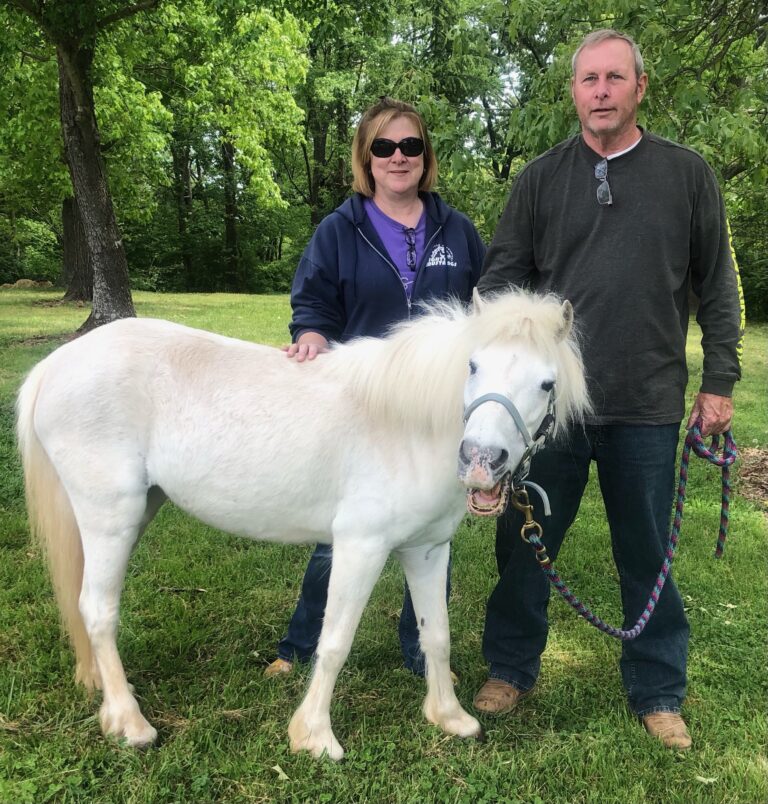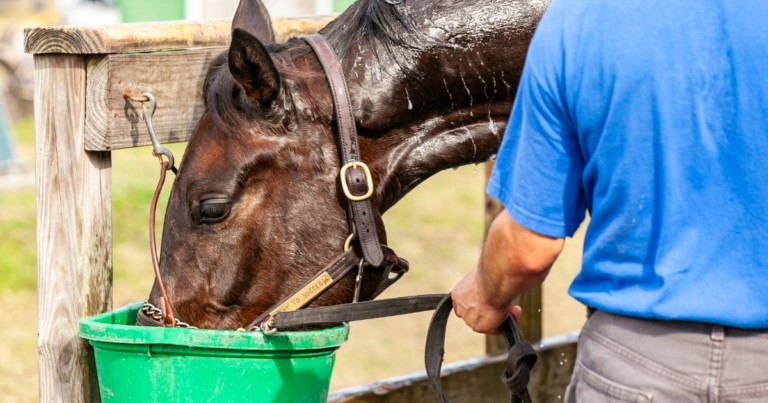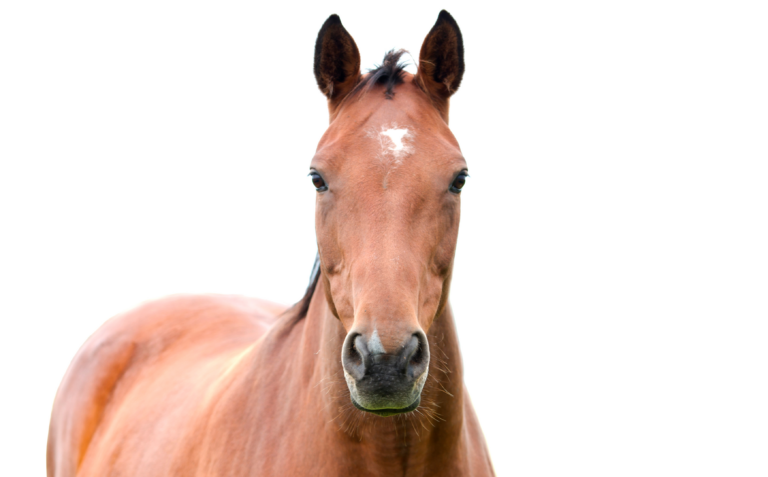FOR IMMEDIATE RELEASE
October 8, 2019
Contact:
Jennifer Skiff (917) 900-6628
Jennifer@animalwellnessaction.org
FREEPORT, BAHAMAS – The Animal Wellness Foundation (AWF), in its latest set of actions on disaster response efforts, is providing hay to surviving horses on the island of Grand Bahama. Large animals are often not a central focus of animal disaster response efforts after an emergency, but their needs are often as acute as those of stranded or injured dogs and cats.
The team departed from Fort Pierce, Florida at 8:00 AM EST on Monday and returned later in the day. Once on the ground, the team traveled to three farms to assess structural damage and equine health needs. The mission was led by Jennifer Skiff, director of international programs for the Animal Wellness Foundation, and Laurie Hood, Florida state director for Animal Wellness Action, and Dr. Bess Darrow, an equine veterinarian based in central Florida.
The Bahamas does not produce its own hay, and with such incredible human dislocation on the islands, there is no safety net for horses. “These horses need us, and we are prepared to meet their needs in crisis,” said Jennifer Skiff, director of international programs for the Animal Wellness Foundation. “Our plan is to stabilize them, attend to any immediate needs, and to provide food for as long as six months.”
AWF was a member of a coalition of humane organizations facilitating the rescue of 72 homeless dogs from Nassau after Hurricane Dorian caused mass destruction on August 24th. Each U.S. organization played a specific, coordinated role, with AWF tasked with taking pet food and supplies to the islands as well as bringing the dogs back. AWF continues to provide relief to animals affected by the hurricane and has since ordered a six-month supply of hay to feed the remaining 19 horses on Grand Bahama. Over 200 animals and their guardian perished at the Ol’Freetown Farm during the hurricane. Searches continue for goats, and pigs that may have survived.
The Animal Wellness Foundation (Foundation) is a Los Angeles-based private charitable organization with a mission of helping animals by making veterinary care available to everyone with a pet, regardless of economic ability. We organize rescue efforts and medical services for dogs and cats in need and help homeless pets find a loving caregiver. We are advocates for getting veterinarians to the front lines of the animal welfare movement; promoting responsible pet ownership; and vaccinating animals against infectious diseases such as distemper. We also support policies that prevent animal cruelty and that alleviate suffering. We believe helping animals helps us all.
Animal Wellness Action (Action) is a Washington, D.C.-based 501(c)(4) organization with a mission of helping animals by promoting legal standards forbidding cruelty. We champion causes that alleviate the suffering of companion animals, farm animals, and wildlife. We advocate for policies to stop dogfighting and cockfighting and other forms of malicious cruelty and to confront factory farming and other systemic forms of animal exploitation. To prevent cruelty, we promote enacting good public policies and we work to enforce those policies. To enact good laws, we must elect good lawmakers, and that’s why we remind voters which candidates care about our issues and which ones don’t. We believe helping animals helps us all.
Photos are available here or on request.






